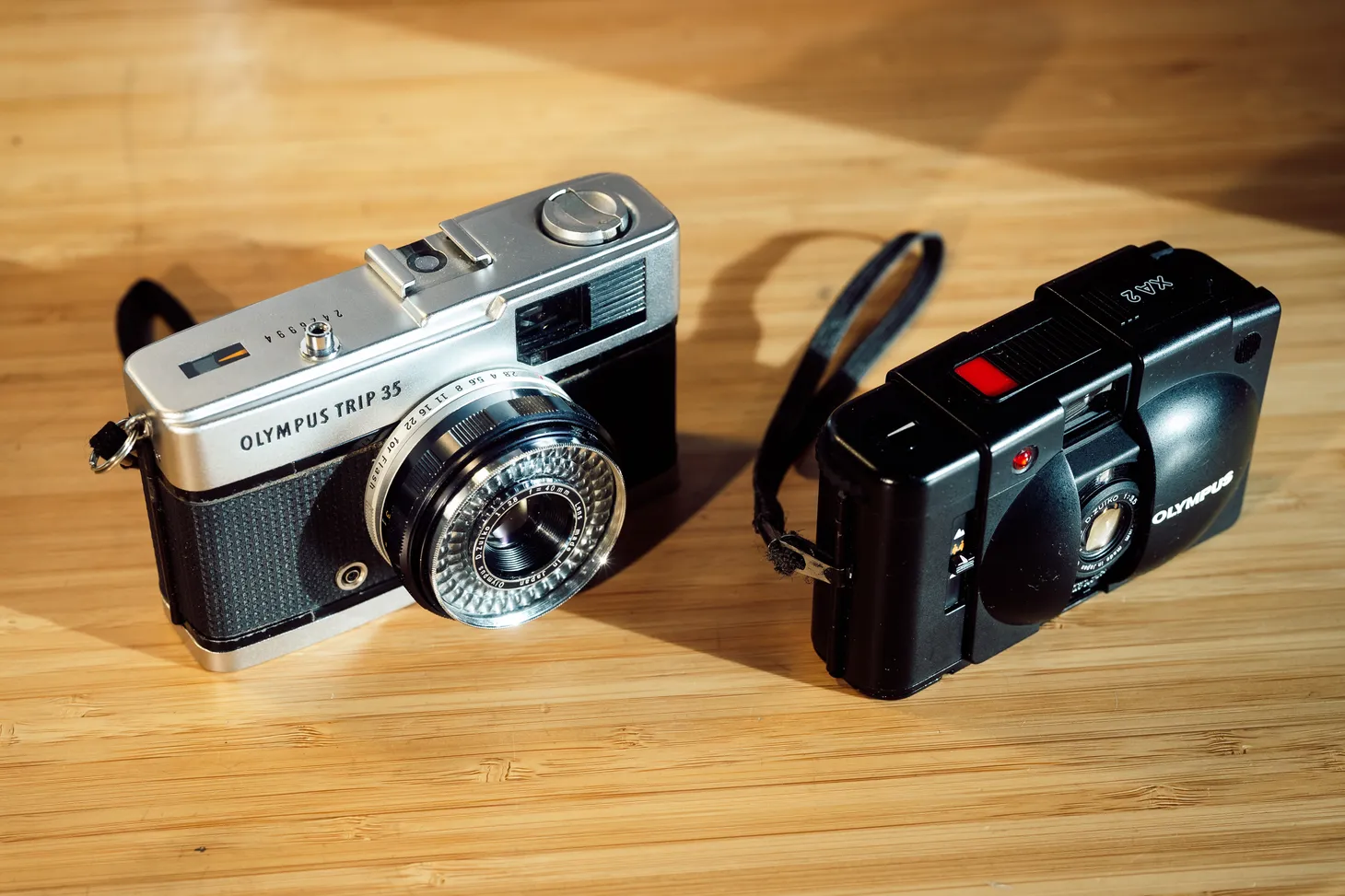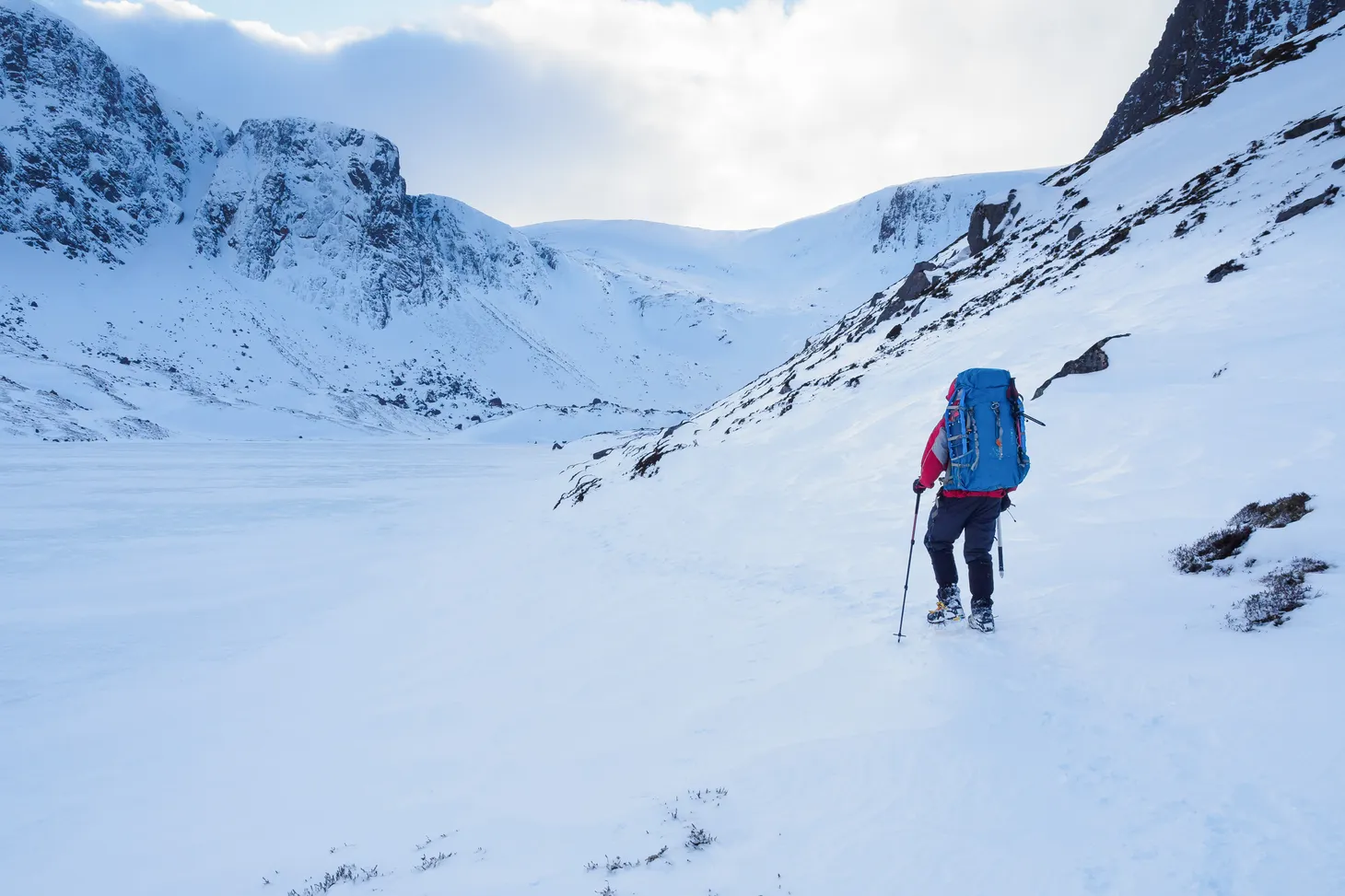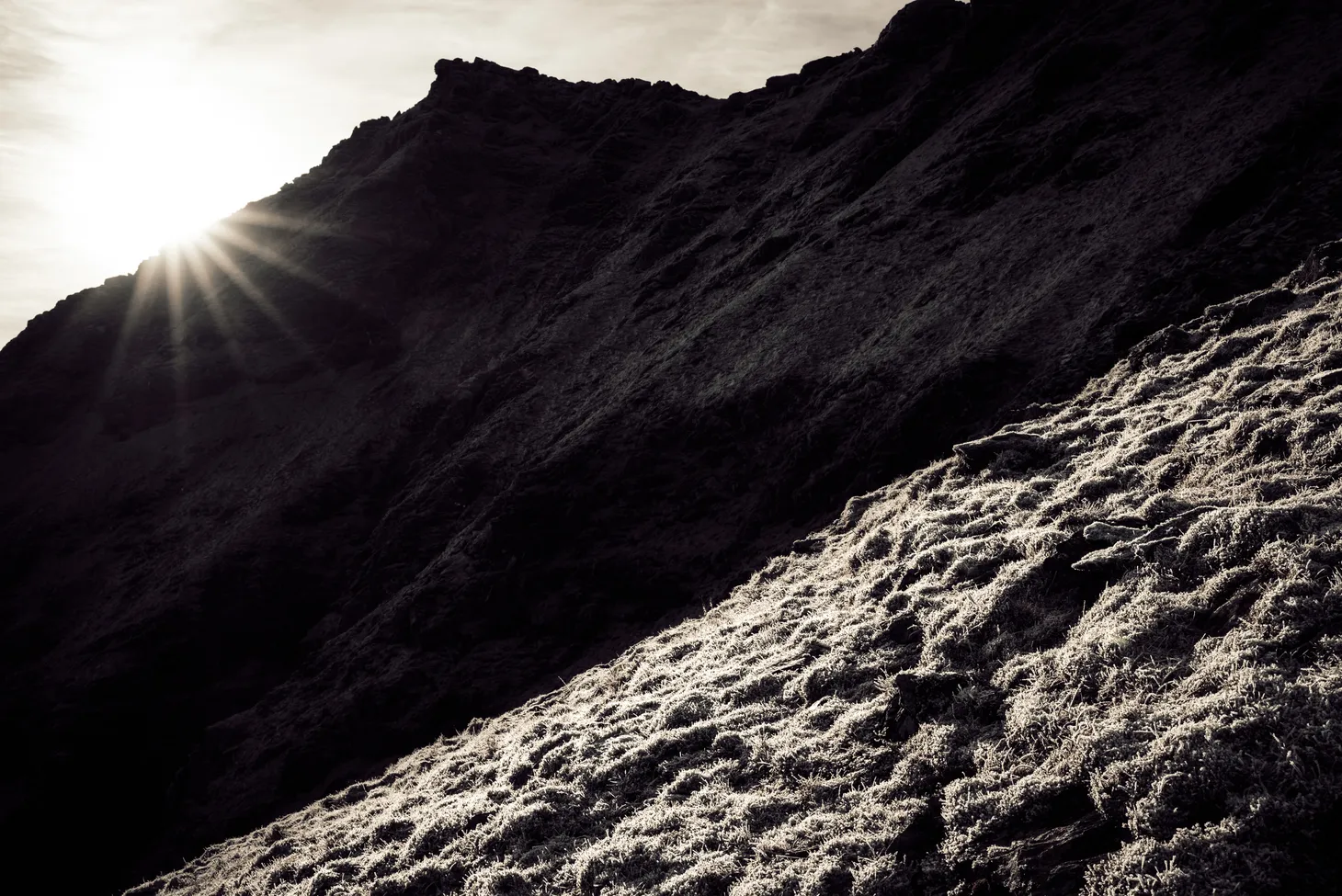Starting from zero
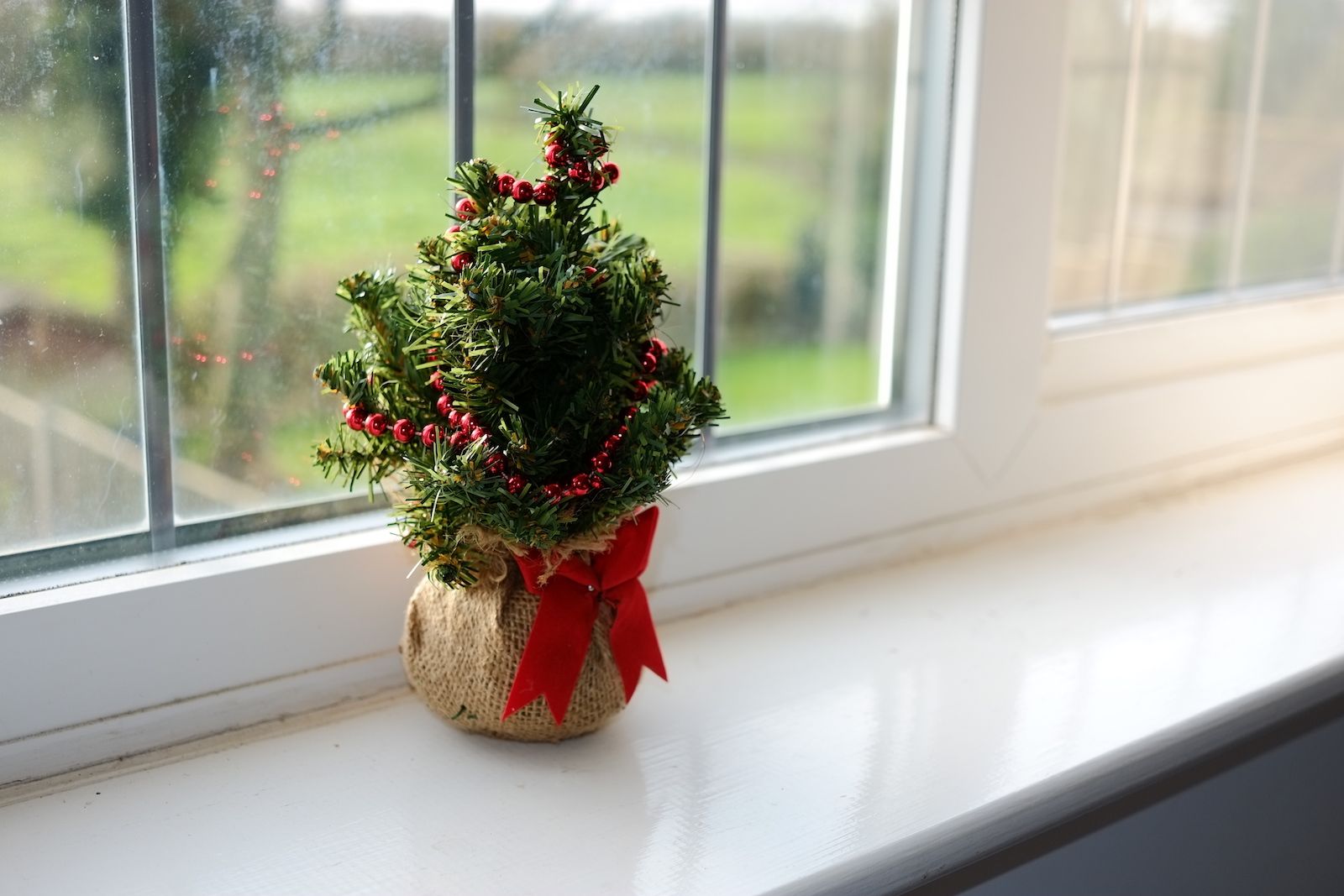
Several times in my life, I’ve had to trim my possessions down to an absolute minimum in preparation for a move. At first this was terrifying, but I gradually began to see it as a uniquely freeing process – and even came to look forward to it.
I’ve never really been much of a hoarder. As a child, I went through phases of collecting things – fossils and minerals were early obsessions, and like most kids there were various brands of toys that I ‘had’ to have for a little while, before forgetting about them when the next big thing came around.
The two main exceptions to these transient fads were computers and books. I love tinkering with vintage electronics, and at several points in my life I’ve owned a number of computers – usually one modern machine and a number of ancient, decrepit ones for messing about with. As for books, I grew up surrounded by them and I suppose you could say that I’ve always been a book collector, whether or not I intend to actually read all of the volumes I add to my shelves.
So, I was never much of a hoarder. But as I passed through my teenage years I accumulated possessions, like most people, and then in 2005 came the first bottleneck: I went to university.
The 2005 bottleneck
Looking back, the 2005 bottleneck was by far the easiest one, but it felt hard enough at the time.
So, the situation. I was heading off to Norwich to live in a tiny room in shared student accommodation. I’d be coming home often enough to visit, of course, but to all intents and purposes I had to streamline the things I owned and make them fit in a little room.
First I had to make them fit in bags. I agonised for hours over which books I should take and which I could bear to leave behind, which clothes, which gadgets. I made it work, but it felt more difficult than I had expected.

And then, of course, I started accumulating new things more or less as soon as I arrived in Norwich. About two months after my arrival, I moved into new accommodation on the other side of campus and had to shift everything from A to B. I can’t remember if my parents helped me move, but I do remember the first time a very important thought flashed across my brain: I have too much stuff.
The 2008 bottleneck
In late 2008, after returning home from my three-year stint at university, I made one of the biggest decisions of my life. I accepted a job as a barman at a remote Highland pub (the Clachaig, Glen Coe) and could only take items that I could physically carry with me on the train.
A big reason for heading up to Scotland was to do some mountaineering, so climbing and hiking equipment took up the bulk of my luggage. Trying to get everything I would need for months into two bags was a significant challenge, but I learned a lot about myself. I took only two or three books with me, and only a few items of ‘normal’ clothing in addition to my mountaineering outfit. Apart from my laptop and a few other odds and ends, everything else was left behind. I never saw or used most of it again.
I have an incredibly vivid memory of jumping off the bus at the Glencoe Hotel (then derelict) and standing in the rain, one rucksack on my back, the other on the ground. And I was struck by an intoxicating realisation: everything I own is in these two bags. I imagine most people would find that frightening, but for me it felt like freedom, like being unfettered and empowered.
Over the following years, I again added items to my possessions. But I remembered that feeling of being light and unencumbered, and I started to think more carefully about what I owned, often deliberately choosing not to purchase something when I might have bought it without thinking before.1 Living on a relatively low barman’s salary helped matters, of course. I rapidly learned to be happy with few possessions and to live for experiences instead. This is how I continue to live my life today.
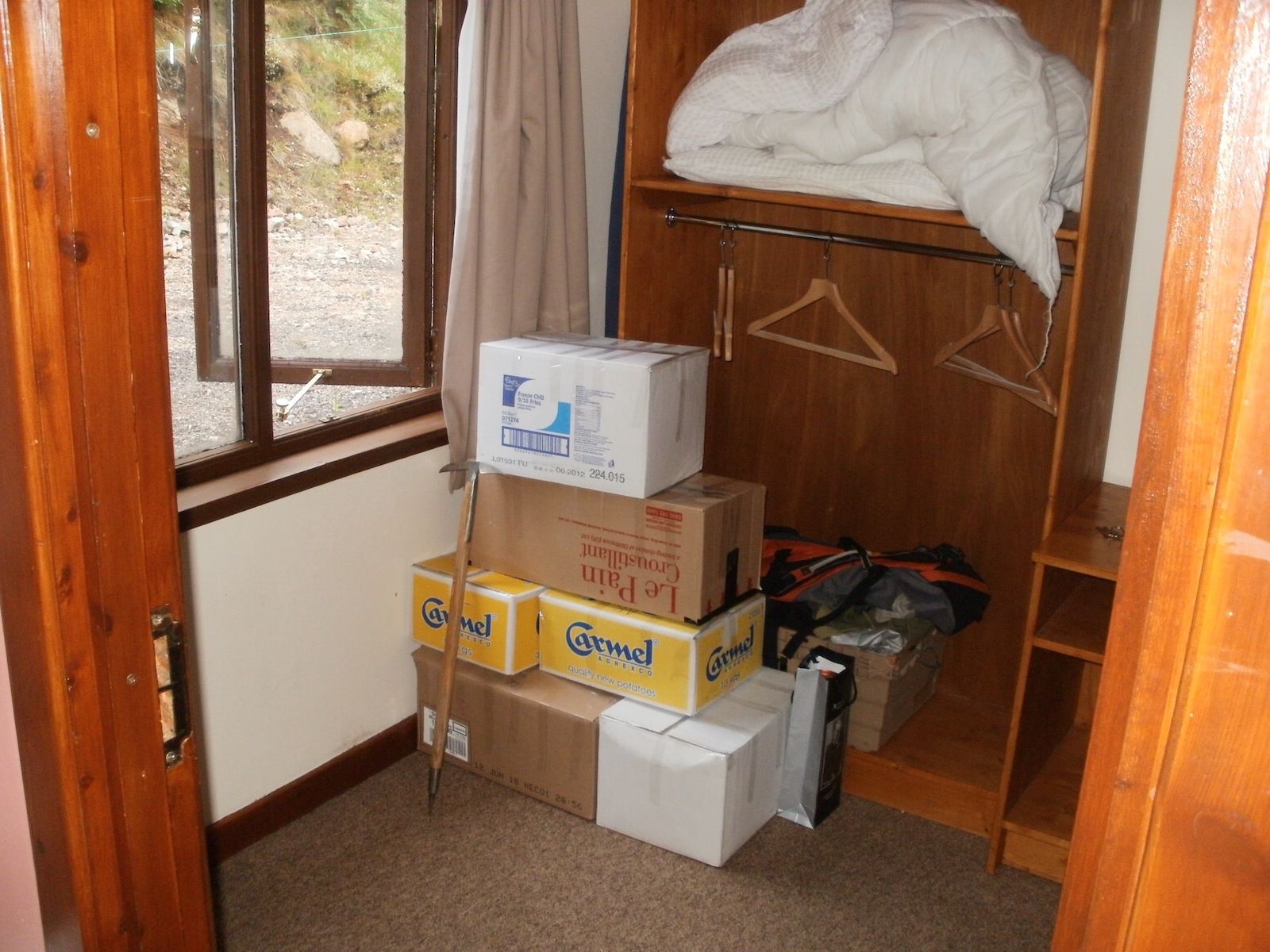
I accumulated a few things during my time in Glen Coe (books and climbing equipment, mostly) but when I came to move out in 2011 all of my worldly goods fitted into a few boxes – too much to comfortably carry on the train, but perhaps less than might be expected for three full years of life.
The 2011 bottleneck
In late 2011 I made another major move – down to Lincolnshire, to move in with my partner Hannah.
This time there would be no constraints on the things I could take with me. My parents helped me move, and I had space in the house for whatever I wanted, within reason. I went back to my parents’ house to look through the old stuff, in case I wanted anything, but rescued only a couple of boxes of books. Pretty much everything else stayed behind.
I moved in with my climbing and walking gear, my laptop, my books, some clothes, and that was about it. In the years since I have of course bought some new things – there are a couple of vintage Apple Macs sitting under my desk, a box of camera stuff, and more books than I moved in with. But I’m happy in the knowledge that most of these things qualify as ‘things that enhance my life’ rather than ‘things I must have’. Cutting back to the essentials wouldn’t be too much of a hardship, if it were necessary. I think my passion for lightweight backpacking has helped me gain perspective on what those essentials really are.
We need fewer things than we think to be happy, but most people don’t allow themselves to learn that lesson.
Possessions can be a burden
This is probably the best point to establish something – I’m not a minimalist. There are books on my shelves I have never read and probably never will2. No genuine minimalist, I suspect, would own several different cameras and half a dozen lenses. And the very idea of keeping twenty-year-old computers in good working order when there’s a perfectly serviceable modern machine within arm’s length is probably enough to make a minimalist feel faint.
But I have learned to appreciate the truth of a minimalist axiom: possessions can be a burden. I learned that on the day I had to haul everything I owned on a train up to Scotland. The burden can be physical or it can be psychological, but the things you own are always a burden.
I think the main thing I’ve learned over the last ten years is not to get sentimental about objects. In downsizing your possessions you have to really think about the things that matter, and I was surprised to learn that very few material items really matter to me. There are certain books I’d be upset to lose (especially notebooks), and the loss of my hiking gear would be a major blow – but not due to the loss of the items themselves, and this is the key point. Losing my hiking gear would prevent me from having the future experience of hiking, which I can only do with those items.
I’ve come to see possessions as things which can be used to facilitate experiences. That’s probably a minimalist point of view, and I’ve wholeheartedly embraced it. If acquiring something will give me an experience I want, or an experience I think I’ll enjoy, then it’s worth considering. With a few exceptions, owning things for the sake of owning them (or owning things without purpose) makes me feel anxious.
I now try to adhere to a one in / one out policy. If I buy a new thing, I try to sell or give away something else – and I periodically do eBay clearouts, in which I’ll sell things I haven’t use for a while. It’s my way of trying to replicate that sense of freedom and empowerment I felt on the roadside in Glen Coe back in 2008. I wouldn’t want to live out of a rucksack forever, but there’s something to be said about being more intentional when it comes to the things you own.
- Notable exceptions to this rule were vintage ice axes. I’d developed a passion for 19th century mountaineering in my Glen Coe years, and I liberated and restored several ancient ice climbing tools from eBay. ↩︎
- My bookshelves are much too untidy, and I’m planning to do a huge clearout in the New Year. ↩︎
Alex Roddie Newsletter
Subscribe here to receive my occasional personal newsletter in your inbox. (For the fun stuff, please consider subscribing to Alpenglow Journal instead!)


